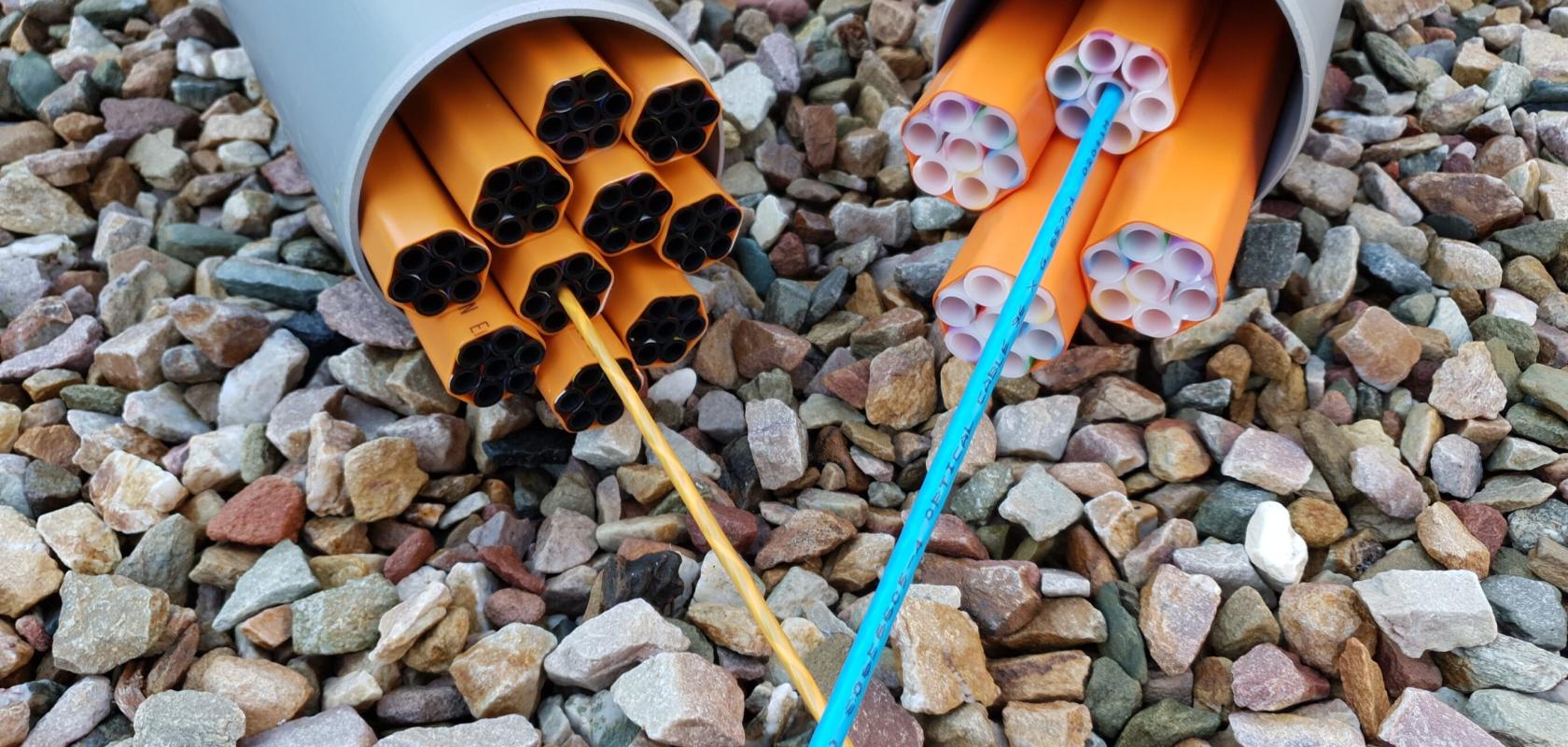Dutch provider, KPN is to install a fibre optic network made using 90 per cent recycled plastic.
The company says it is the first in Europe to experiment with method, which means that only 10 per cent new plastic is then needed to manufacture the tube that houses the cable. In-turn, the volume of plastics used will see a reduction of approximately 50 per cent.
This is made possible thanks to a partnership with the Prysmian Group, in the development of a new 4.5mm cable in a 10mm tube, instead of the conventional 6mm cable in a 14mm tube. In addition, because the cable and tube are thinner, more of it will fit on a reel, reducing the number of wooden reels by an estimated 70 per cent. This will subsequently reduce the number of full freight transports needed to realise the selected 11,000 connections by six.
This innovation has been developed and is being tested in collaboration with other KPN partners including Allinq, Van Gelder Telecom and VolkerWessels Telecom. The trial is taking place in Buitenpost (Friesland) and Nijmegen Dukenburg. If the result is positive, it will be released across more KPN projects.
Joost Steltenpool, responsible for the fibre optic network at KPN explained: ‘KPN has been committed to sustainability for years and together with partners we are investigating how we can install fibre optic faster, more sustainably and with less inconvenience. Our ambition is not only to provide as many people as possible with superfast internet, we also want to do this in a sustainable way. Our customers want that too. This new development makes a further contribution to this.’
Erik van den Oever, commercially responsible for the development of the Prysmian Group concept added: ‘Due to the smaller and more flexible cables and pipes, the often full cable routes are less stressed. In addition, they are easier to install and spare tubes can be reused.’


